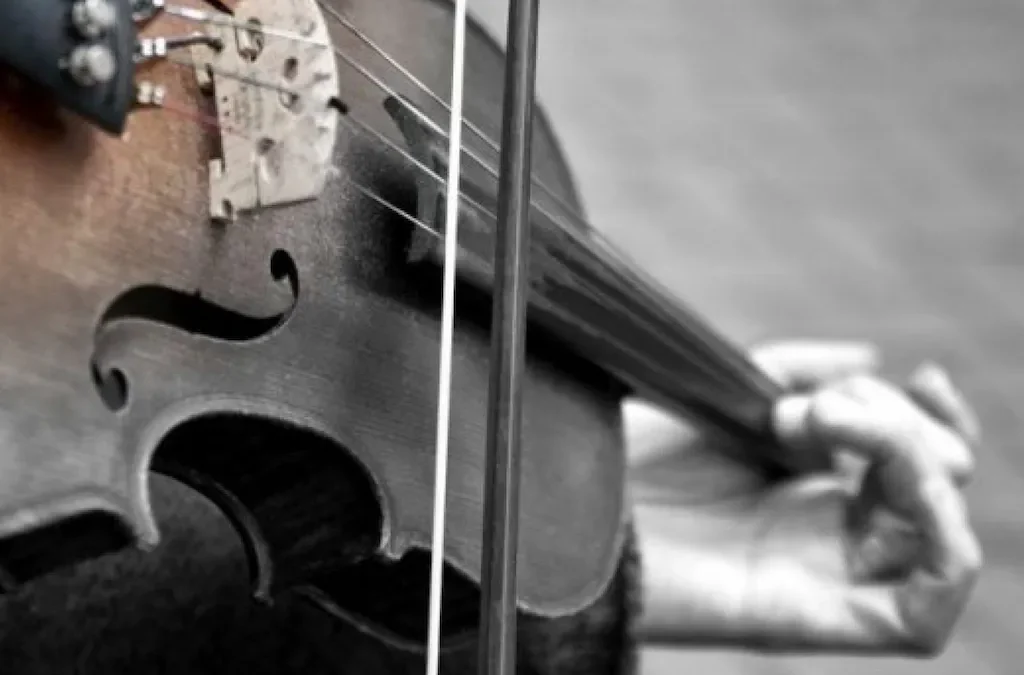On a cold January morning, a man played six pieces by Bach on a violin for 45 minutes at a metro station in Washington, DC. During this time, approximately a thousand people passed by, most of them rushing to work. It took about three minutes after the violinist started playing before a middle-aged man first noticed him, slowed down, and then quickly continued on his way to where he needed to be. About a minute later, the violinist received his first dollar in tips. A woman, without pausing her stride, tossed the money into the violin case and continued on her way. A few minutes later, another man stopped to listen, but after checking his watch, hurried off to avoid being late for work.
The person who paid the most attention was a three-year-old boy. Despite his mother’s attempts to pull him along, the boy stood still and watched the violinist intently. In the end, the mother forcefully tugged the child to move on, but the boy kept turning his head to look back at the musician as they walked away. Similar scenes occurred with a few other children, all of whom were eventually dragged away by their parents.
During the 45 minutes of playing, only six people stopped briefly to listen. About 20 people gave money without stopping. In total, the violinist collected $32. When he finished playing, there was silence; no one noticed that he had stopped, and no one applauded. No one realized that the violinist was Joshua Bell, one of the world’s greatest musicians, playing one of the most complex pieces ever written on a violin worth $3.5 million. Two days earlier, Joshua Bell had played to a sold-out theater in Boston, where the average ticket price was $100.
This is a true story. Joshua Bell’s impromptu performance in the metro was part of a social experiment conducted by The Washington Post, exploring perception, appreciation, and priorities. The questions posed were: In a commonplace setting, at an inappropriate time, can we perceive beauty? Do we stop to enjoy it? Do we recognize talent in unexpected contexts?
The takeaway from this experiment is profound: If we do not have a moment to stop and listen to one of the world’s best musicians playing some of the finest music ever composed, what else are we missing out on?

